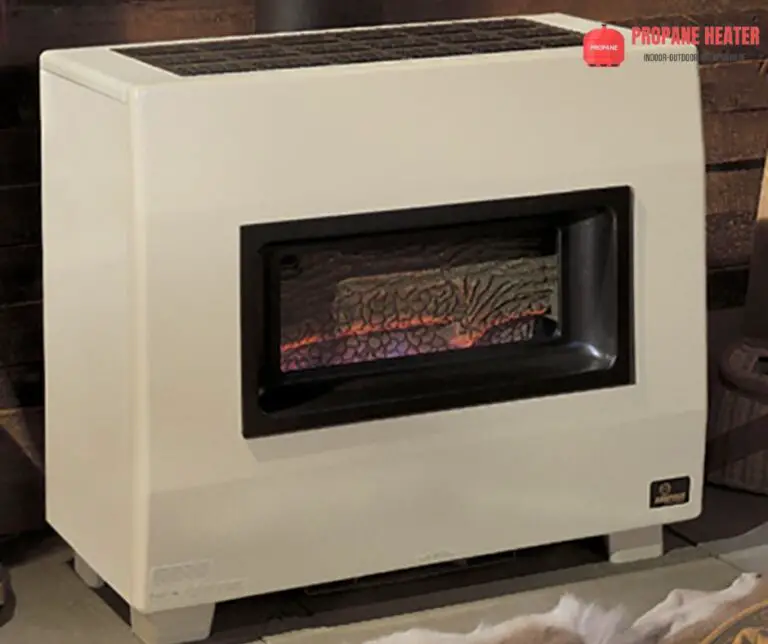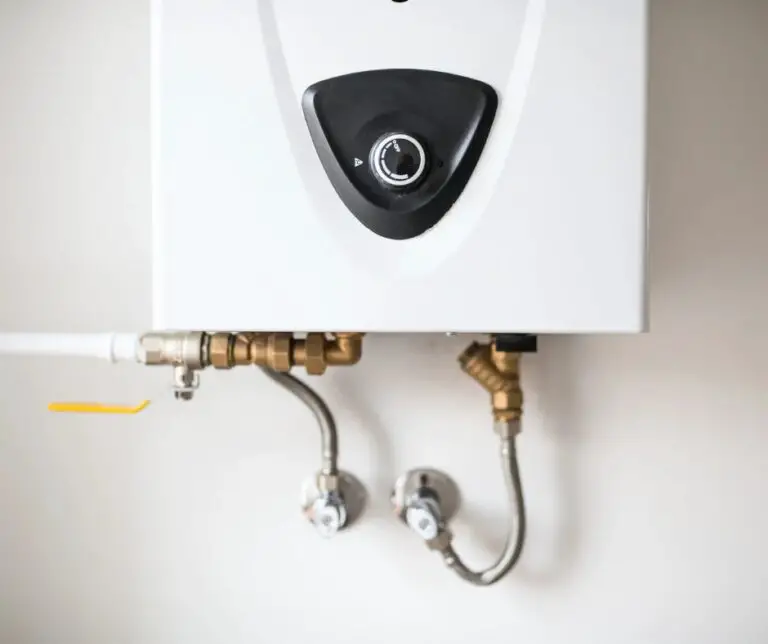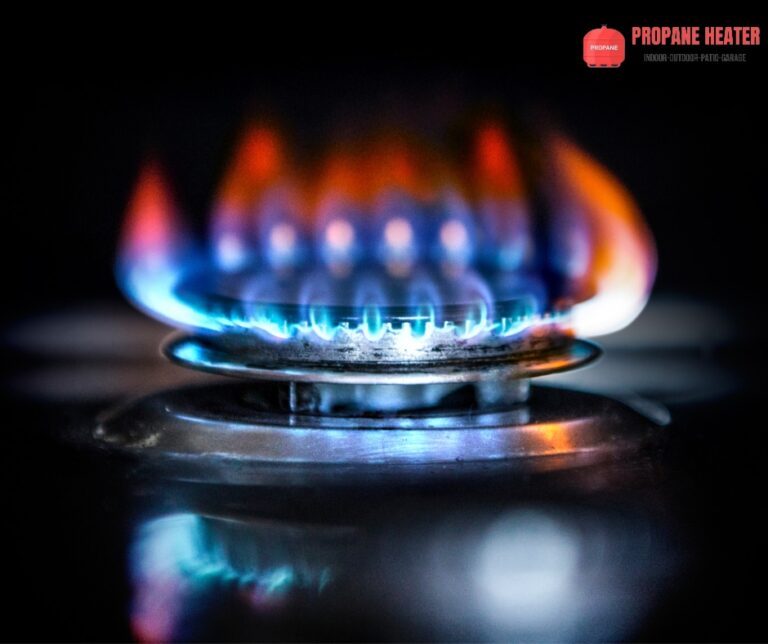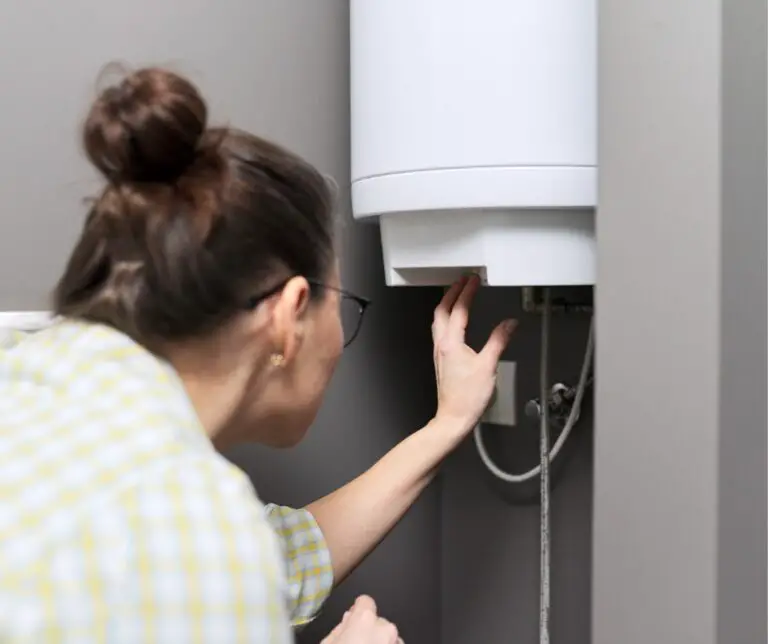Choosing a heater for your garage could be easy with so many models already available. But which one to pick and which one to leave out is always a big question? Before you go on to buy a heater, you must know about the capacity and what should be the minimum requirements of your home.
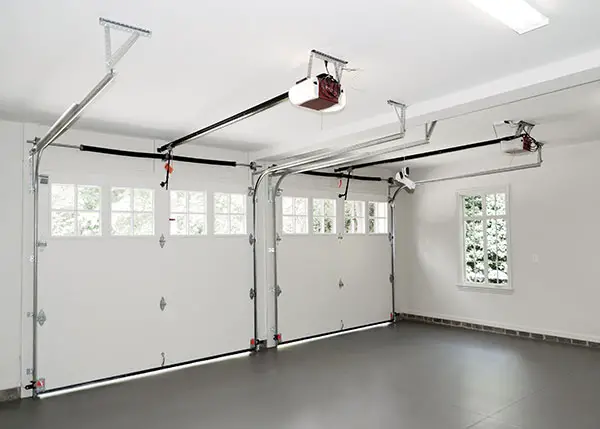
It is important to calculate well before you go on to pick the right products as per the needs. With the help of capacity formulas and a bit more tips, it becomes easier to choose the right type of product at the easiest time.
If you want to know more about the size of the heater you need, this guide below will help you to choose the right heater that matches the space for your garage.
How to Estimate Garage Heater Size
Calculating the right size of the heater is not a big deal if you know. You can simply implement the 10 Watts per square foot idea to get accurate results. So let’s calculate the space you need for the garage heater to run properly.
Let’s assume that you have a space of 22 x 25 feet, which means that the total space available is around 550 square feet.
You can easily assume that the space heater will take up at least 10 watts per square foot when it comes to performance.
According to this, the device can easily work at a rate of 550 x 10 = 5500 Watts.
If you have a space of 22 x 25 feet of size, any space heater with 5500 Watts capacity could do great to fulfill the requirements. However, only calculating the Wattage will not do any good. To get accurate results for how many BTU to heat garage, you need to calculate the BTU consumption as well.
For the same room, the amounts of BTU are to be calculated with a different formula.
For every room, the formula applies as
(Insulation * Volume * Temperature Rise)/1.6 = BTU
Let’s assume that the size of the room is 22 x 25 feet with a ceiling space of 10 feet. So, the total volume of air within the room is 5500 cubic feet.
Now, you need to figure out the degree of insulation and also the other factors. Now, you can implement these features to get a firm estimation.
According to the formula, BTU required for the same room = (0.5 * 4550 * 25)/1.6 = 35500.
Most Efficient Way to Heat a Garage
Now, you’ve already determined the size and the capacity that you will require. It is now the time for you to effectively heat up the garage with the easiest procedure. Even when you purchase a heater for a cold night, it takes up a lot of time to heat up. You would want to maximize its ability to heat up the entire room.
A lot of factors do come on when you look for an efficient heater that serves you with proper heating. The best position to place the heater is to keep it in a preferable position and against the back wall facing the garage door.
- Propane Heater in Garage With Door Open
- Mr Heater Portable Buddy Pilot Won’t Light
- What Kind Of Pans Are Used On A Propane Stove?
Allowing the heater to be placed in such a direction will give you better space and quick heating options.
Another factor that you need to keep in mind is about the type of model that you choose. If you are purchasing an electric heater, you need to make sure that there is no obstruction about the path of flow.
Since it has forced airflow, you need to make sure that the flow of air has no such obstruction at all. This is where the heat gets lost easily. Initially, the levels of heat are much higher in the first 3 feet of impact.
This is why it is important that you need to make sure that you keep a safe distance from the source of heat to provide a decent rating. It will allow you to get fast and efficient heat but without damaging any product or obstruction that is closed to it.
Deciding the R-value
In simple terms, the R-value refers to the thermal resistance of the product. This completely determines how important the resistor is and how well it can perform for you. Having a high R-value means that you can get higher material R-value so that you can get this to be highly effective as an insulator.
Most of the heaters do use fiberglass insulation to bring out a good idea of residential buildings. With electric heaters, you can expect an R-value of 2.9 to 3.8 which is really decent to use.
When you are calculating the heater size, the R-value becomes constant and it is one of the most important options to consider. It also determines the levels of heat loss and it brings up a comfortable temperature in the garage.

I am Richard A. Jackson man behind propane heating solution, An HVAC expert working as a team lead of the heating department, Provide services all over the USA (around all major cities), and from planning to implementation, you will get all your solution here. We provide various tanks (propane and other natural gases) and deal with disposable waste.

